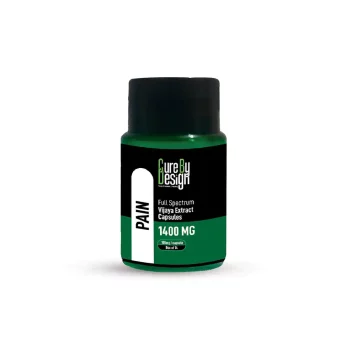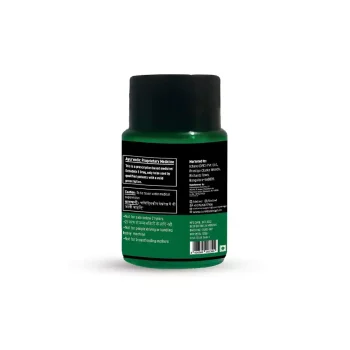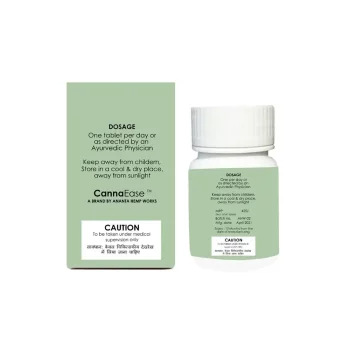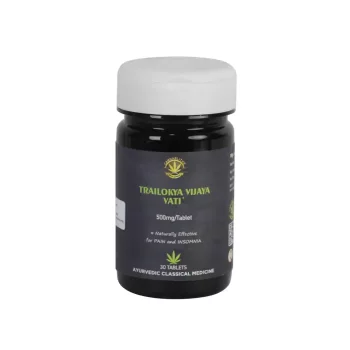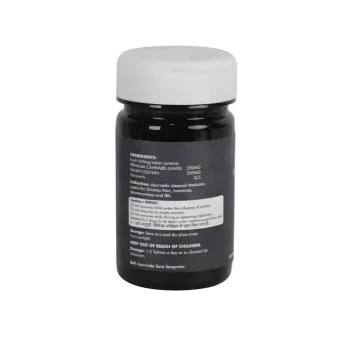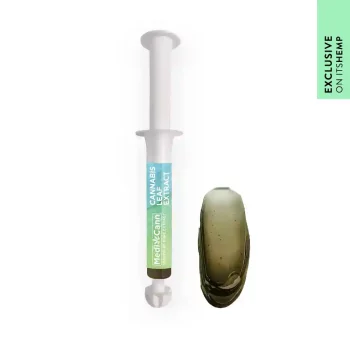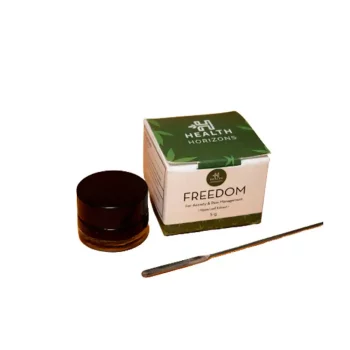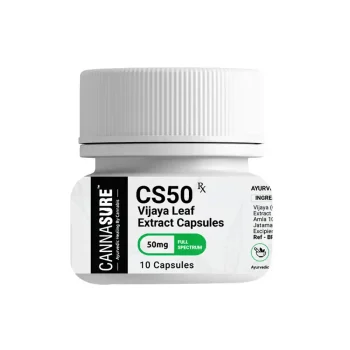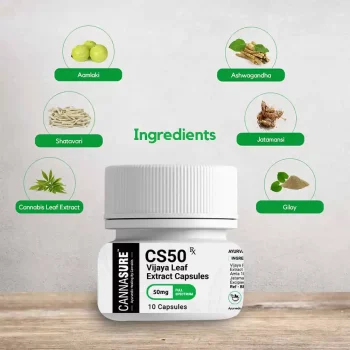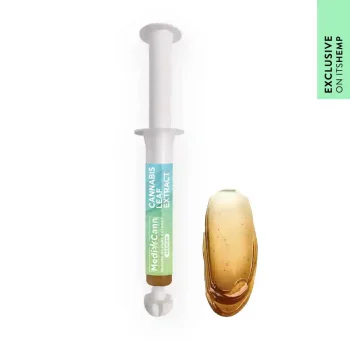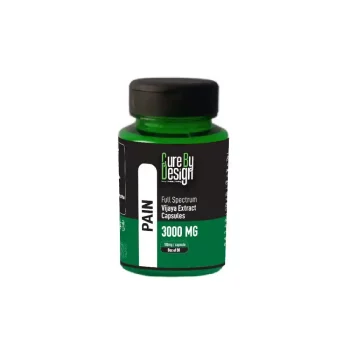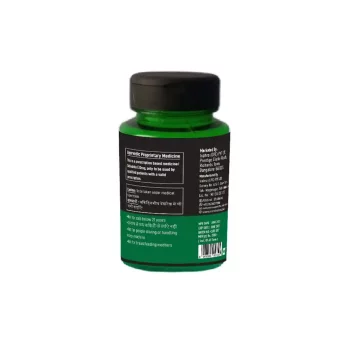Showing 1–12 of 193 results
What is Cancer?
The word Cancer denotes any one of a large number of diseases characterized by the development of abnormal cells that divide uncontrollably and have the ability to infiltrate and destroy normal body tissue. Cancer often has the ability to spread throughout your body.
Cancer develops when the body’s normal control mechanism stops working. Instead of dying, old cells grow out of control and form new, abnormal cells. These extra cells may form a mass of tissue called a tumour. However, some cancers like leukaemia, myeloma, and lymphoma, do not form tumours.
There are more than 200 different types of cancer.
What is Prostate cancer?
Prostate cancer is a type of cancer that affects the Prostate organ in males. Prostate cancer is mostly associated with tumour formation in the gland. However, in some cases, the cancer can spread to other parts of the body, such as the bones or lymph nodes, making it invasive. Prostate cancer is one of the most common types of cancer in men, and it usually develops slowly over many years. Some types of prostate cancer can be aggressive and spread quickly, while others may not cause any symptoms or require treatment. Prostate cancer can be successfully treated if detected early. The course of treatment depends upon the stage of the cancer.
Common signs of prostate cancer
Some Common symptoms of Prostate cancer include:
- Difficulty urinating or a weak urine flow
- Frequent urination, especially at night
- Pain or burning during urination
- Blood in the urine or semen
- Erectile dysfunction
- Pain or discomfort in the pelvic area, back, hips, or ribs
- Weakness or numbness in the legs or feet
- Loss of bladder or bowel control (in advanced cases)
What causes Prostate cancer?
Cancer is caused by changes or mutations to the DNA within cells. The DNA inside a cell is packed into a large number of individual genes each of which contains a set of instructions that tell a cell what functions to perform and how to grow and divide.
Errors in these instructions can cause the cell to stop its normal function and may allow a cell to become cancerous.
This particular cancer causes uncontrollable cell division in the organ, which causes the formation of a tumour.
The exact cause of prostate cancer is not known, but there are several risk factors that have been identified.
- Age: Prostate cancer is rare in men under the age of 50, but the risk increases with age. Most cases are diagnosed in men over the age of 65.
- Family history: Men with a family history of prostate cancer are at higher risk. The risk is even higher if the cancer was diagnosed in a close relative at a young age.
- Genetics: Some genetic mutations have been linked to an increased risk of prostate cancer.
- Race/ethnicity: Prostate cancer is more common in African American men and less common in Asian and Hispanic men.
- Lifestyle factors: Certain lifestyle factors, such as a diet high in red meat and low in fruits and vegetables, obesity, and lack of physical activity, have been associated with an increased risk of prostate cancer.
- Hormones: Prostate cancer is a hormone-dependent cancer, meaning that it is affected by male hormones such as testosterone. Men who have high levels of testosterone or who have been treated with testosterone therapy may be at increased risk.
How does Cannabis medicine help with Cancer?
NOTE: Cannabis medicine should not be considered as a cure for cancer.
The therapeutic and medicinal benefits of Cannabis medicines can help provide relief from symptoms and complications caused by cancer and/or cancer treatments.
There has been a lot of interest in whether cannabinoids might be useful as a cancer treatment. The scientific research conducted so far has been laboratory research with results showing that different cannabinoids can:
- Block cell growth
- Cause cell death
- Reduce inflammation
- Stop the development of blood vessels that are needed for tumours to grow
- Reduce the ability of cancer to spread.
one of the compounds of cannabis, Cannabidiol (CBD) is studied for cancer-related treatment. It has been found to be non-intoxicating in nature and provides a broad spectrum of medicinal properties that can help relieve pain, nausea, vomiting, indigestion, skin pigmentation, and other complications caused by cancer and/or cancer treatments.
There is solid evidence in support of the idea that cannabinoids can reduce tumour growth in animal models of cancer. CBD may also increase the potency of certain drugs used to treat cancer.
Research on CBD Oil and Cancer
- The results of a 2019 study indicated that CBD could induce cell death and make glioblastoma cells more sensitive to radiation without any effects on healthy cells.
- A 2019 review of in vitro and in vivo studies focusing on pancreatic cancer revealed that cannabinoids, such as CBD, can help slow the growth of a tumour, reduce tumour invasion, and induce tumour cell death. However, the authors of the study also wrote that research into the efficacy of different formulations, dosing, and precise mode of action is lacking and urgently needed.
- A large, long-term study of men found that the use of cannabis may be inversely associated with the risk of bladder cancer. That said, a cause and effect relationship has not been established.
- A 2014 review of 35 in vitro and in vivo studies found that cannabinoids prove to be a promising compound in the treatment of gliomas.
- A 2014 study in experimental models of colon cancer in vivo suggested that CBD may stop the spread of colorectal cancer cells.
- A 2010 research demonstrated the efficiency of CBD in preclinical models of metastatic breast cancer. The study found that CBD considerably reduced breat cancer cell proliferation and invasion.
Potential Benefits of Cannabis Medicine for Breast cancer
- Anti-tumour effects: Cannabinoids, which are compounds found in cannabis, have been shown to have anti-tumour effects in preclinical studies. These studies suggest that cannabinoids may be able to slow the growth and spread of cancer cells.
- Pain relief: Cannabis and its derivatives have been used for many years to treat pain, including pain associated with cancer. For people with prostate cancer, cannabis medicine may provide relief from pain and discomfort associated with the disease and its treatment.
- Anti-inflammatory effects: Some cannabinoids have been shown to have anti-inflammatory effects, which may be helpful in the treatment of prostate cancer. Chronic inflammation is thought to play a role in the development and progression of many types of cancer, including prostate cancer.
- Appetite stimulation: People with prostate cancer may experience a loss of appetite due to the disease and its treatment. Cannabis medicine has been shown to stimulate appetite, which may be helpful for people with prostate cancer who are struggling to eat.
- Anxiety and depression relief: A cancer diagnosis and treatment can cause anxiety and depression in some people. Cannabis medicine has been shown to have calming and mood-elevating effects, which may be helpful in relieving anxiety and depression in people with prostate cancer.






